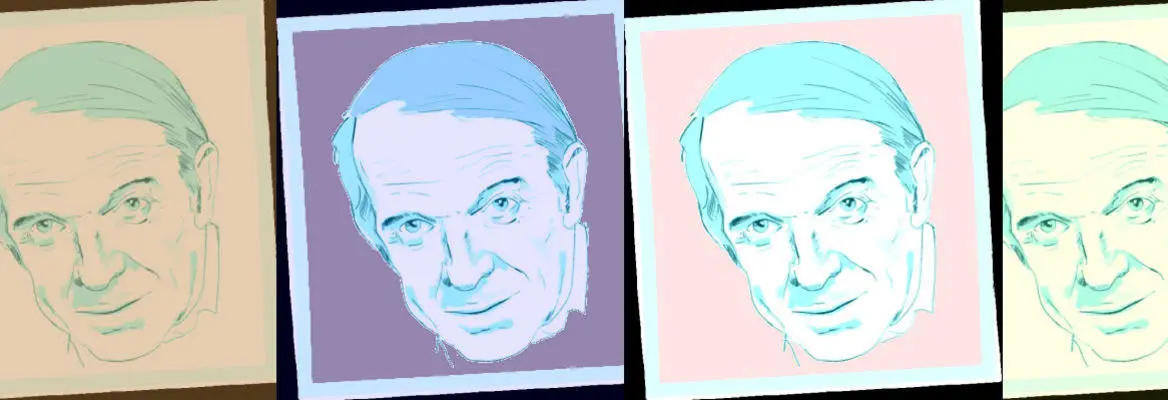The scandal of rationalism is its claim to be reasonable. The shame of reason is when it abets rational control. The close horizon of both is our final submission to autopoietic systems. The computer says ‘Do it now’.
In response, having defined contemporary worlds as societies of control, Gilles Deleuze argues that reason and rationalism are dangerous illusions when they are seen as self-contained and self-sufficient. Their independence is a form of self-deception or, worse, a way of deceiving and exploiting others. The humans or things deciding on the structure and, applying it, don’t really know what they are doing or why they are doing it, or they know they don’t know, but act as if they do anyway.
I define rationalism as a way to structure the world according to a pre-set logic and series of identities. Thus defined, it leads to forms of rational control, such as the organisation of a workforce into distinctive tasks according to a plan and grid of measurements. The logic regulates the relations between the identified workers, tasks, performance indicators and times. Chris, sorry, we have to downsize you: you’re in the tail on the vitality curve according to lines of codes checked per hour…
So, more seriously, the structure and the logic are also illusions of sufficiency. They aren’t independent either; they have soggy bottoms. Foreign lifeforms and material seep into them, making them rot, fail and adapt. Our laws are this kind of rational structure and suffer from this kind of porosity. We are their sogginess: rebelling against them, looking for ways around them, misusing them, going beyond them, pleading against them and making them old, ridiculous or monstrous.
___
“Each rational plan has a terrible relation to time as something that passes and unfolds”
___
The important point is that it is good to be porous in this way. The last thing we need is the dominion of reason. It is good to be open to non-reason. But the deep problem is how to be, without falling into unreason.
We value our legal system over others because it adapts to unforeseen cases and events. The thing to fear is a legal system that thinks it knows it all. The managers and leaders to mistrust are the ones with total belief in their rational plan; the ones acting like omniscient systems (a severe challenge to the concept of case law, as we are now discovering). A most empirical and pragmatic thinker, Deleuze is a pitiless opponent of overconfident reason – he’s quite English really, at least before their current descent into cheap ideologies.
His great middle-period work, The Logic of Sense, is a relentless debunking of rationalism as logical structuring. The book owes a lot to Lewis Carroll and to his lessons in nonsense and unreason. It attacks each component of rationalism. For Deleuze, the unconscious always seeps into and undoes conscious assessment and forward planning. Structures fall apart from the very beginning, destroyed from within. Logics depend on signs that turn out to be living processes, not inert functions. The world is an event, not a plan.















Join the conversation